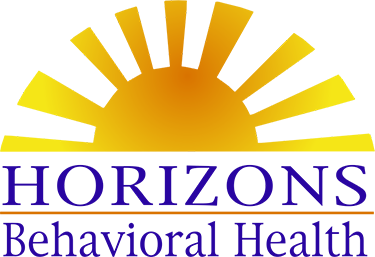Horizons provides behavioral health services in homes, school and community settings to serve children and adolescents up to age 21 that are working to surpass life’s challenges.


Horizons delivers its services in the least restrictive, most accessible environment while working within a coordinated system of community support services.
Horizons believes in the value of delivering services in the child’s natural environment (including homes, schools, camps, and other community settings).
Horizons encourages interventions that promote person-centered coping and skill building.
Horizons interventions support empowerment and self-care.
Horizons promotes an individualized, strength-based approach to delivery of services. Our treatment planning and service tools are designed to emphasize the individual strengths of the client and their family.


We believe that cultural competency is critical to treatment planning and impacts the quality of service outcomes.
Horizons believes cultural competency is to know and understand human diversity including motivation and conviction to make personal changes in thoughts, feelings and actions.
Horizons promotes understanding of the client’s current “stage to change” and helps in the process of change to better, higher functioning. Our goal is not “to change individuals” according to the service providers set of values but by client-defined goals.


Our services begin with client’s defined priority needs and preferences. We capitalize on client strengths and existing skill sets.
Horizons approaches each child with the belief that the clients we serve have the ability at varying degrees to change or increase their potential.
Horizons serves children and adolescents regardless of national origin, race, color, ethnicity, ancestry, age, sex (including pregnancy, gender identity, and sexual orientation), religion, disability, HIV status, political affiliation, marital and veteran status. We serve children 21 and younger, that meet medical necessity criteria for Intensive Behavioral Health Services (IBHS)


